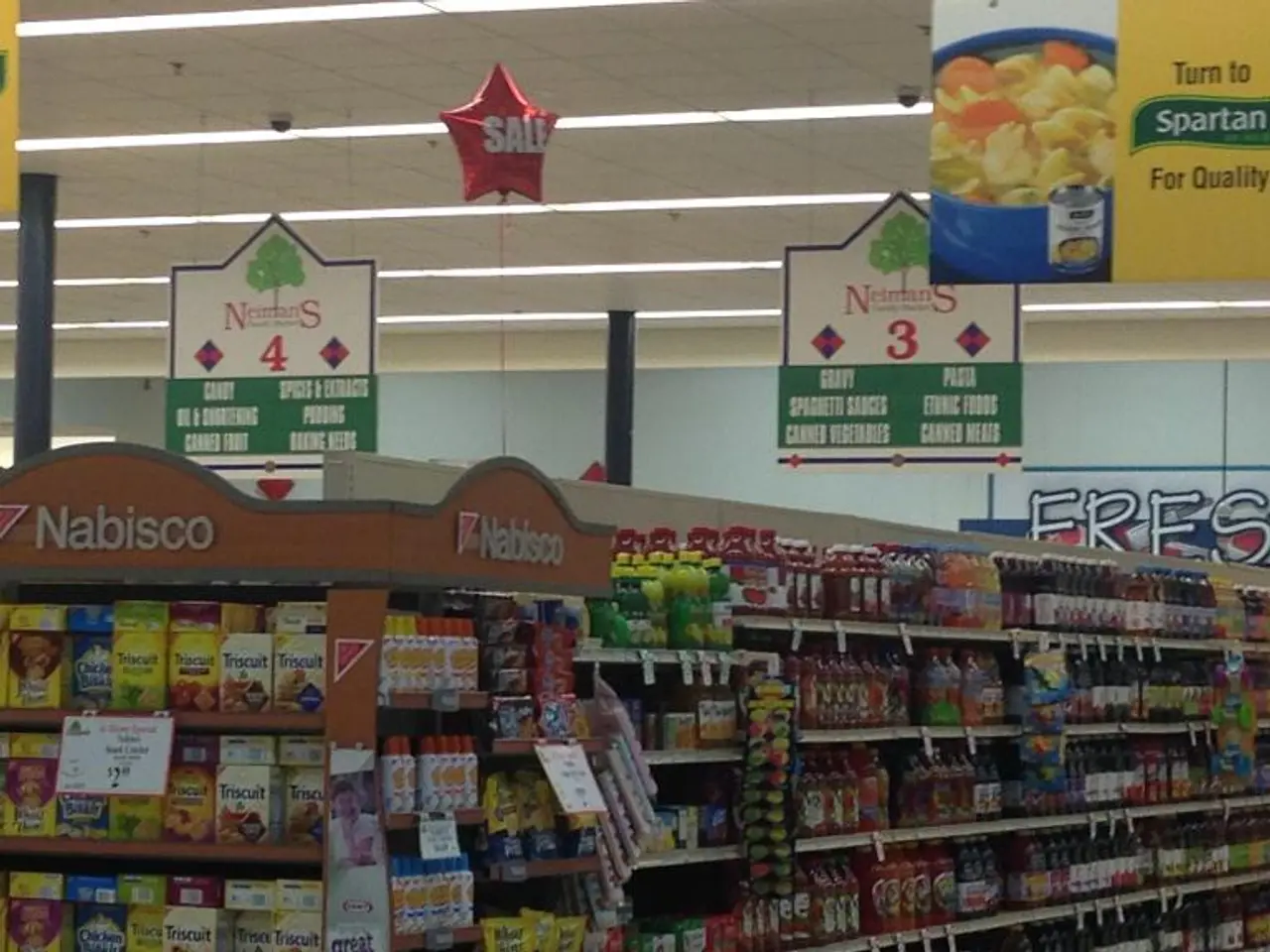Expansion of Wholesale Central Bank Digital Currency Initiatives Imminent
In the rapidly evolving world of finance, central bank digital currencies (CBDCs) and wholesale CBDC projects are gaining significant traction. These innovative solutions aim to revolutionise business and regulatory processes in correspondent banking payment chains, making transactions more efficient, transparent, and secure.
One such project, Project Agora, is a collaboration between the Bank for International Settlements (BIS), seven central banks, and 43 institutions from the private sector. Its main objective is to demonstrate how a unified ledger could enhance the efficiency of business and regulatory processes in correspondent banking payment chains. By seamlessly integrating tokenised commercial bank deposits with tokenised wholesale central bank money in a public-private programmable core financial platform, Project Agora aims to set out a path for a new type of financial market infrastructure tailored to cross-border payments based on new technology.
Another notable initiative is Project Guardian, led by the Singaporean central bank. This project involves over 40 financial institutions and policymakers across seven jurisdictions and explores the use of fund and asset tokenisation in conjunction with a wholesale CBDC. Some of the institutions involved in Project Guardian have launched the Guardian Wholesale Network industry group, to establish a multi-member network for commercialisation of the respective asset tokenisation trials.
One retail CBDC that has seen notable adoption is the eNaira, launched in Nigeria. Since its launch in October 2021, the eNaira has increased from 0.02% to 0.36% of total currency in circulation. The adoption rate is estimated at 6%, with just over 13 million wallets opened in a population of 223 million.
The Eurosystem has also begun experiments, exploring three different approaches to provide blockchain-based central bank money for wholesale settlement. One project enables market participants to connect the blockchains of their choice for bond issuance and trading to the Banque de France blockchain, where central bank money is issued directly as a wholesale CBDC token.
Wholesale CBDC projects, such as those mentioned above, aim to make capital market or cross-border interbank transactions more efficient by using distributed ledger technology (DLT). These projects have garnered the attention of 94% of the surveyed 86 central banks, which were working on or researching a CBDC in 2023.
However, while convenience is important for payments, consumers "are not willing to sacrifice privacy to improve the utility of a cryptocurrency or a CBDC", according to Deutsche Bank Research analysts. In fact, a survey revealed that 57% of respondents would rather use debit/credit cards, and 44% would prefer to use cash over a CBDC of their own country. This tendency is particularly strong in Germany and weakest in the US.
The G20 Roadmap for Enhancing Cross-Border Payments, endorsed in November 2020, sets quantitative targets to lower costs, increase speed, accessibility, and transparency of international payments by the end of 2027. With the growing momentum of CBDC projects, it seems that the financial world is moving towards a more efficient, transparent, and secure future.
In addition, industrial and technology giant Siemens issued a digital bond in central bank money using the trigger solution, which made it possible to settle the transaction fully automated, within minutes, and in central bank money. This marks a significant step forward in the adoption and utilisation of CBDCs and wholesale CBDC projects.
Moreover, four emerging markets - the Bahamas, Eastern Caribbean, Jamaica, and Nigeria - have launched a retail CBDC. The Swiss National Bank (SNB) has also moved its wholesale CBDC activity from test environments into production ('Project Helvetia III'). In a six-month period from December 2023 to June 2024, six digital bond issuances with a total value of CHF750m were seen using SNB's Swiss franc wholesale CBDC to settle transactions with DLT-based, tokenised bonds on the trading and settlement platform SIX Digital Exchange (SDX).
As the world continues to embrace digital currencies, it is clear that CBDCs and wholesale CBDC projects will play a crucial role in shaping the future of finance. With their potential to enhance efficiency, transparency, and security, these innovations are set to revolutionise the way we conduct business and manage our finances.








